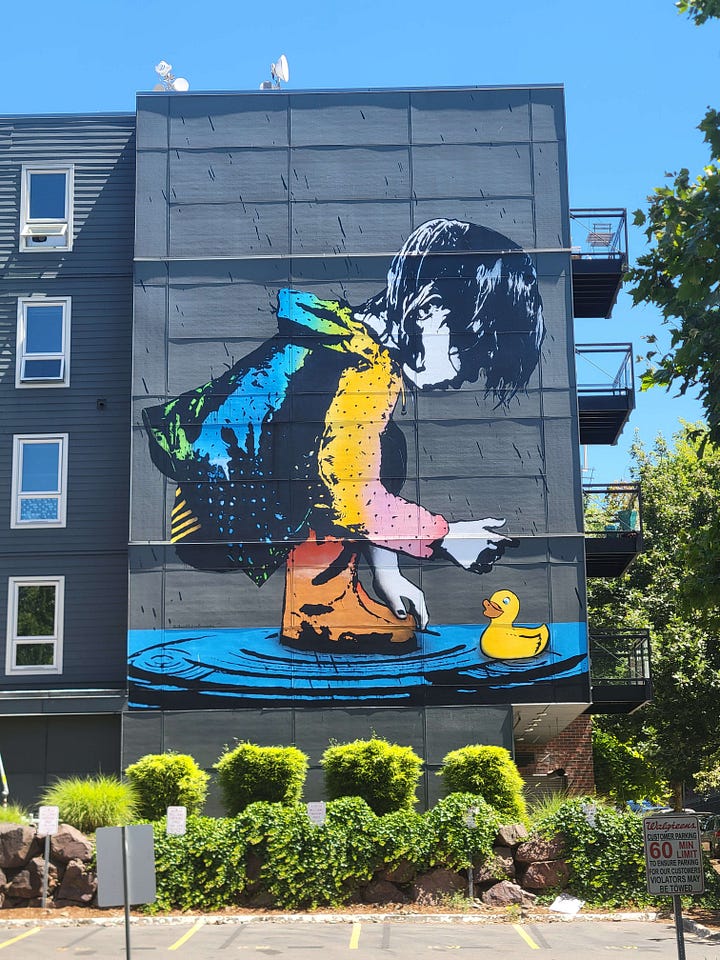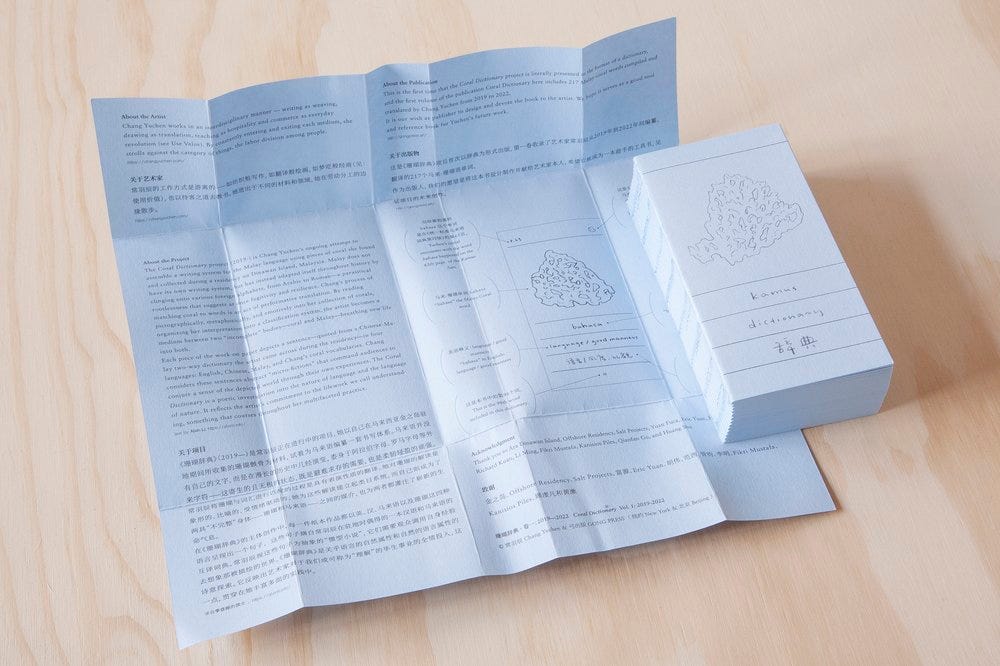the everyday as canvas
art will in fact save you
The labyrinth-like ways of what life looks like after graduation are lost on me no longer. Luksh from 2 years ago would have rolled his eyes at the repeated mention of how everything becomes messy and complicated, and doesn’t feel like it makes any sense. A derision, born from ignorance; after all, how could I have known any better?
For those of you who aren’t aware, I recently graduated from the University of Washington, and the cautionary tales of a fleeting youth on its last legs that I’d heard so often had now finally etched themselves on the source code of my reality. I suppose reality still hasn’t completely sunk in, that the exuberance of my youth is now a bug, not a feature, and that even those of us who have earned the credibility of experience are just vagabonds in spirit.
In the months leading up to the “promised day of liberation”, I grew increasingly listless about the direction I was taking in my life. The age-old questions of purpose and legacy reverberated through my soul, increasingly restless and debilitating in function. Answers they sought, yet answers they did not find. Here I was, at the precipice of a four-year journey occupying lands I had grown overwhelmingly attached to, surrounded by people I considered family. What next? The variance of uncertainty brings with it incredible promise but also catastrophic grief. It just felt strange to turn the page on a chapter that had brought me immense contentment.
“Bleak, dystopian, an absolute nightmare to be honest with you…” - Allison Hammond
It may, at this point, seem as though this post is a transcription of a monotonically bleak story. Such would likely still be the case were it not for this video I stumbled on a couple of days ago: an interview with Chang Yuchen.
Now, in the days since, I have gone on to see several more videos about Chang Yuchen, where she describes in meticulous detail the profundity of her works.1 She has several works that are cool, but there is one in particular I would like to draw attention to. It has to do with her ongoing work on the translation of a language inspired by coral bodies she collected in 2019 while she was in Malaysia for a residency. The choice of wording here was initially confusing to me. To me, the construct of language, in its grammar and semantics, seemed far more complex than something that could be ascertained from a collection of natural bodies, no matter how beautiful and/or profound.
“I had this really odd sensation when I saw them, not unlike understanding. I felt I could recognize them and even read them.” - Chang Yuchen.
This initial spark of understanding is what drove Yuchen to collect the coral fragments, arrange them into different categories, and eventually create the script of the language itself. Upon first glance, after I sat down with the words spoken during the interview, it seemed like Yuchen argues from a Platonist point of view, the idea that there is a true meaning to be realized from the corals themselves, independent of human understanding. Further reflection has made me realize that there was nothing inherently Platonist or Constructivist in this specific statement, and I was merely projecting a school of thought I frequently encountered in the workplace. This focus on understanding as opposed to creating, while apparent, emphasizes more plainly the poor understanding we have of what these terms truly represent in the first place. Meaning really is a fickle thing, isn't it?
She goes on to quote Li-Young Lee, an American poet, to elucidate what she believes to be a negative relationship between vitality and meaning. To the cynic in me, this reinforced a particularly malignant belief. To create something of immense meaning, whether via one’s career, their hobbies, or miscellaneous practices, one first had to undergo the torturous act of being drained of the backbone of their humanity; their vitality, their spirit. This heralds a particularly desolate mindset for a young grad, trying to find his purpose and place within the world.
Furthermore, given the rhetorical nature of such important questions, I cannot provide the comfort of an answer to whoever is reading this. I mean, I couldn’t even provide one for myself! However, woven into the dark tapestry of this self-reflection lies a salient and perhaps more comforting observation that I alluded to earlier.
Perhaps, we as a collective impart more importance to “intrinsic meaning” than it deserves. As a concept, the interpretation of meaning is as abstract as it comes. And perhaps its capriciousness is an indication that there are more everlasting things to be motivated by.
“Oh, Susan, enjoy the absurdity of our world. It’s a lot less painful.” - Michael Sheen (Nocturnal Animals)
I guess that Camus guy really was onto something, wasn’t he? This begs the question of what force serves as a replacement; what should we let guide us if not for something as fundamental as meaning? Your answer to this will likely look different from mine, but the principle of beauty is starting to take greater precedence when I’m thinking of pursuits to carry forward. The beauty of companionship, the beauty of telling stories, the beauty in art, the beauty in resilience, the beauty of the everyday.


I want to speak further on the importance of stories. An unintended consequence of this journey through the resplendent halls of Yuchen’s work has been something resembling a resolution of the inner conflict that my identity brings forth.
“Sometimes I’m convinced that I’m in fact a linguist, and not an artist. Instead of showing the work, I’m more interested in teaching it” - Chang Yuchen.
One of my biggest fears as someone in cs is the fear that I love the field for the wrong reasons, that my pursuit within this bubble of STEM is motivated by the wispy ember of beauty. Of course, I no longer believe that this principle is ephemeral, but the juxtaposition of thinking a proof is formatted in a visually appealing way as opposed to helping us unlock another secret of the universe will never not be weird, I guess.
But what does any of this have to do with stories? The audience cries out. Well, even though I am trained in the ways of cs, the beauty of the human condition is a predisposition for telling stories. Now, stories are typically told via conversations, prose, poetry, or some convex combination of the above. But if one reads between the lines of Java objects and Haskell functions, there is a story to be told. A story that hopefully goes beyond the abject horror I’m told LLMs will unleash on the job market. We are all storytellers; our careers are merely different manifestations of that characteristic.
I think that's all I have for now. I apologize for the lack of a coherent message within this post. If there's anything I think you should carry from this, it's this: we are all storytellers at heart. Craft narratives that are filled with beauty. The meaning will follow—or it won't. Either way, the beauty remains.


